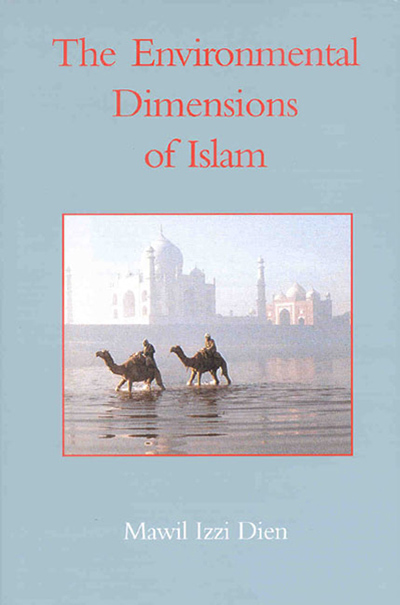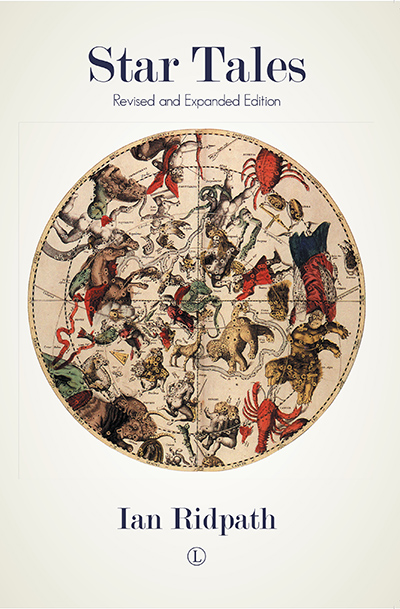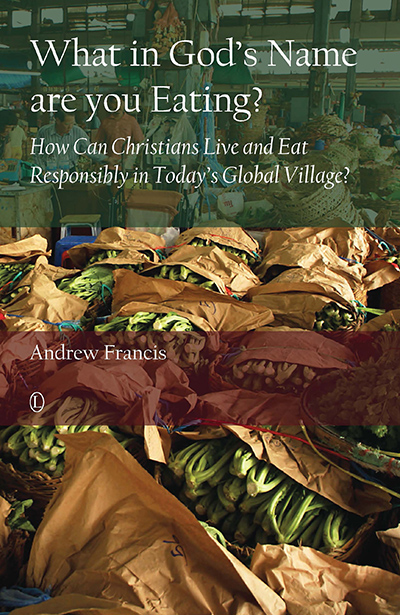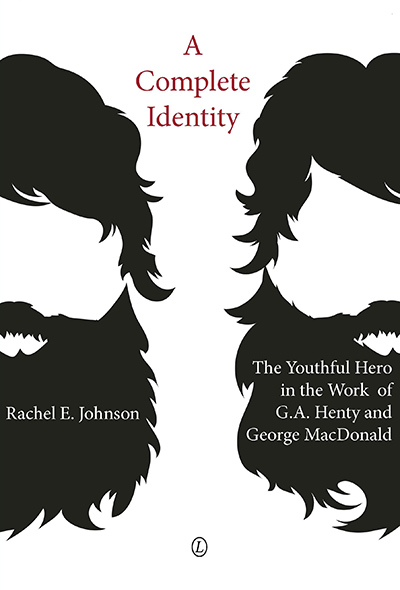Description
Islamic attitudes are of increasing concern to the Western world and environmental issues claim much attention as well. Perhaps, though, few non-Muslims realise that there is a distinctive Islamic contribution to the environmental debate; consequently, it provides a much needed Islamic input into the world-wide process of consultation on the future of the planet.
Born from the 1992 Earth Summit, this book is a major account of Islam’s contribution to the environmental debate. Dr Izzi Dien views the topic from historical, theological, philosophical, legal and ethical perspectives, examining such aspects as the Quranic doctrine of Creation, human responsibility and the actions of governments. His conclusions will not only be an invaluable submission to ecological groups but enlighten the general public, both inside and outside the Islamic community, about Muslim teaching on this area.
The Environmental Dimensions of Islam is an important book, touching on issues of community, empowerment and culture. It will challenge those of all faiths and none to reconsider their attitudes towards both the Islamic and the natural world.
About the Author
Mawil Izzi Dien has been writing about Islam and the environment since the early 1980s, when the United Nations published his first study, and is considered to be the world’s leading authority on his subject. He lectures in Islamic Studies and runs a course on Religion and the Environment at the University of Wales, Lampeter. He is the author of The Market Law of Islam, and has contributed numerous articles in the Encyclopaedia of Islam. He is President of the Institut Europeén des Sciences Humaines Saint-Leger-Fougeret and was until recently a Council Member in the British Society for Middle Eastern Studies.
Contents
Foreword by Professor Rodney Wilson
Preface
Acknowledgements
Points of Methodology
1. Introduction
2. The Environment and its Components in Islam
3. Islamic Theology Pertaining to the Environment
4. Towards Islamic Environmental Ethics
5. Islamic Legal Perspectives on the Environment
6. Islamic Economic Justice and the Environment
7. Environmental Protection and Public Interest
8. International Effort Towards Conservation
9. Conclusions
Notes
Bibliography
Glossary
Index
Endorsements and Reviews
It admirably and largely successfully attempts to avoid abstraction … I would recommend the book.
The Environmentalist
A pioneer work to be commended. The author is at his most persuasive in the chapters which concern Islamic law, economic justice, and public interest. The author is sympathetic to calls for Christianity and Islam to join together in combating modern materialistic trends which are causing long-term damage to the welfare of human beings.
Journal of Contemporary Religion, Vol 6, No 2






